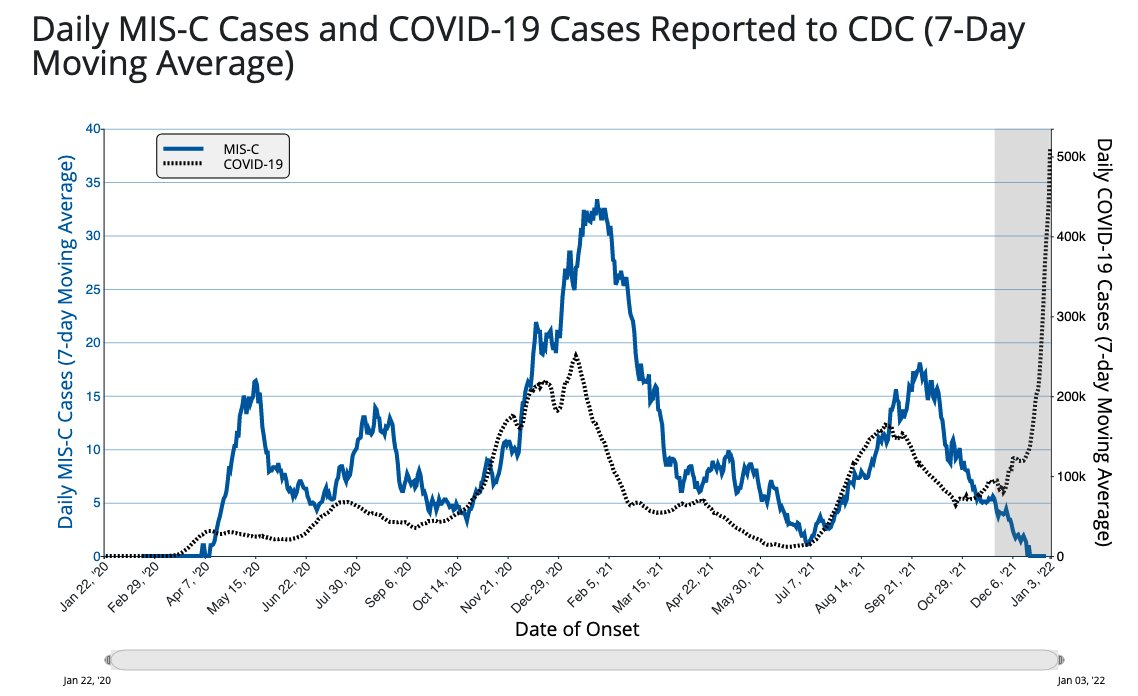
Brandon Vaughn from Pine Knot, Kentucky is critically ill from COVID and on ECMO b/c his lungs are permanently damaged from the virus. Without a double-lung transplant he won't survive. He is 17. lex18.com/news/coronavir…
ECMO stands for extracorporeal membrane oxygenation. The ECMO machine pumps and oxygenates a patient's blood outside the body, allowing the heart and lungs to rest. It's often a bridge to lung transplant. 

As patients awaiting lung transplantation become sicker, ECMO enables them to remain active and participating in physical therapy to prepare for the rigors of surgery
If Brandon is fortunate to receive a lung transplant, then he will have to take more than a dozen medications for the rest of his life to prevent organ rejection and infections. #TheySurvivedCovid 

Some of the medications may include:
Immunosuppressants such as prednisone, CellCept (mycophenolate mofetil), and Prograf (tacrolimus).
Immunosuppressants such as prednisone, CellCept (mycophenolate mofetil), and Prograf (tacrolimus).
Anti-infection medications such as Mepron (atovaquone), Valcyte (valganciclovir), and Diflucan (fluconazole).
Mepron is an antibiotic that prevents and treats Pneumocystis jiroveci pneumonia, a serious lung infection.
Valcyte is an antiviral that prevents and treats cytomegalovirus (CMV) infection. It may be replaced by acyclovir, another antiviral.
Valcyte is an antiviral that prevents and treats cytomegalovirus (CMV) infection. It may be replaced by acyclovir, another antiviral.
Diflucan is an antifungal that prevents and treats fungal infections.
Juggling Medications, Lab Tests, and Side Effects After Transplant pulmonaryfibrosisnews.com/2021/12/14/jug…
• • •
Missing some Tweet in this thread? You can try to
force a refresh










